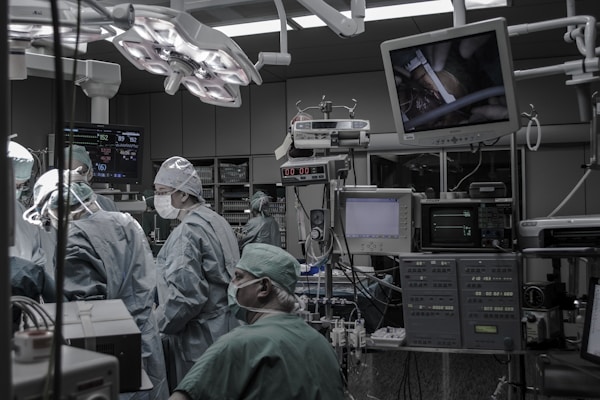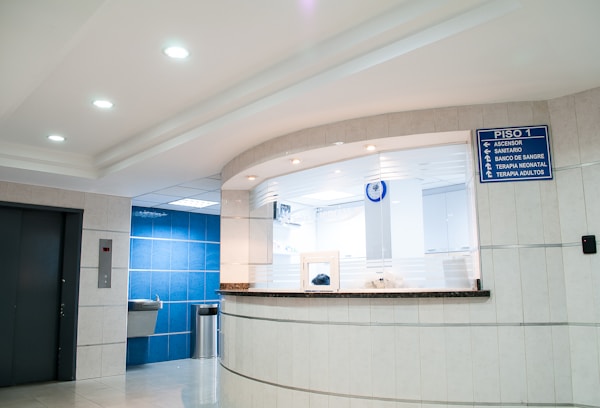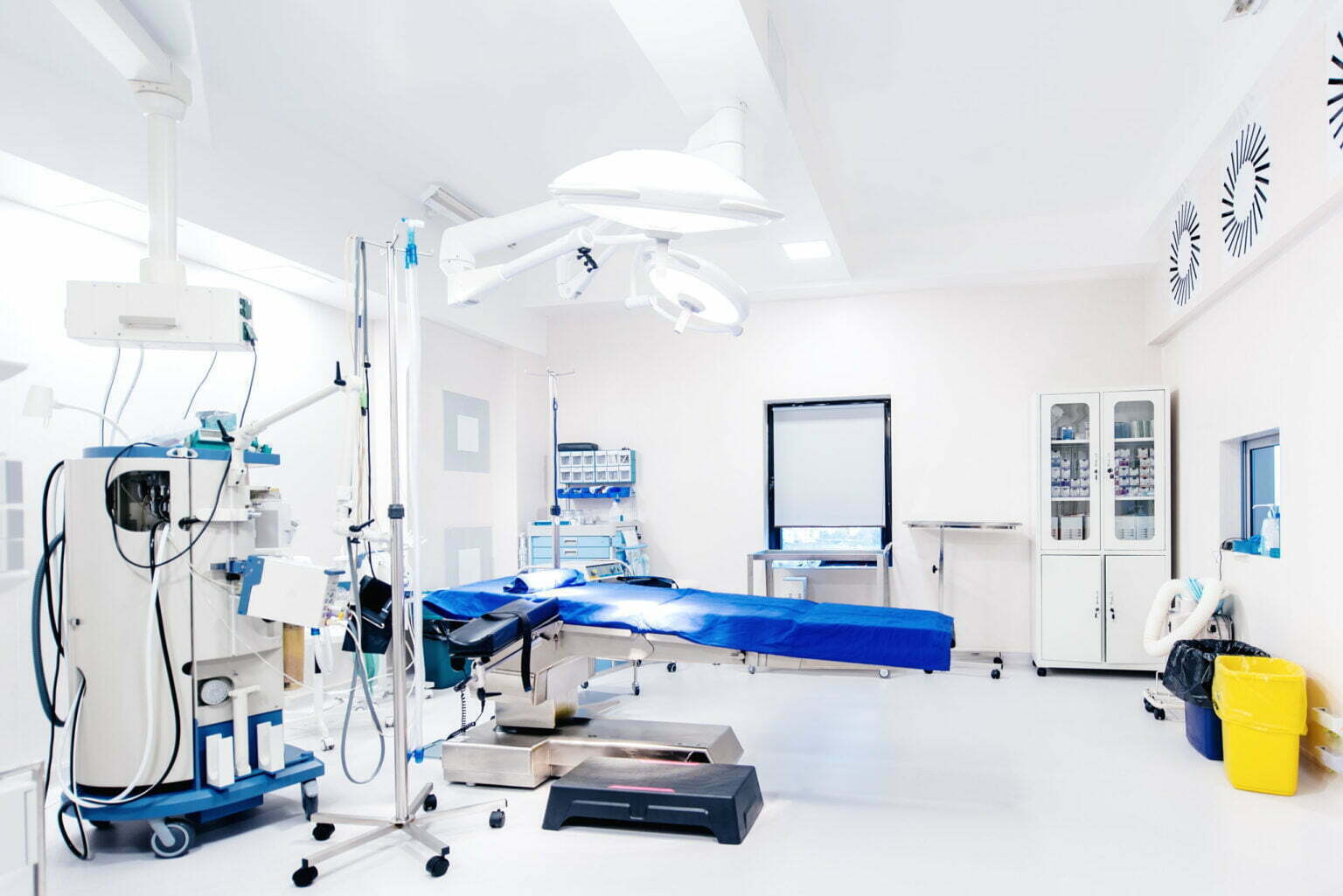For hospitals worldwide, technology can be a powerful tool for improving patient care, streamlining operations, and driving positive outcomes. From telemedicine to advanced medical equipment, technology in the healthcare industry can revolutionize how hospitals work. Keep reading to learn more about how technology can benefit hospitals.
How can technology help reduce medication errors in hospitals?

Medication errors are a serious issue that can have potentially life-threatening consequences. As a result, it’s essential to reduce and prevent these errors. In recent years, technology has emerged as a powerful tool for reducing medication errors by nurses. Technology has the potential to help reduce this risk significantly, as it can provide an extra layer of safety when medications are administered.
Automated medication dispensing systems, such as those found in many hospitals today, allow for greater dosing accuracy and can act as a double-check against prescribing errors. By using barcode technology or RFID tags attached to each patient’s medication bottles, these systems can ensure that the right drug is given at the right time and dose.
Another way technology is helping to limit medication errors is through electronic medical records (EMRs). These systems allow nurses to track and review patient medications quickly and accurately. They also provide an easy way to double-check medications and dosages. EMRs can also alert nurses to potential drug interactions or allergies that could cause an adverse reaction.
Additionally, computerized physician order entry (CPOE) systems effectively decrease prescription errors by providing real-time alerts about allergies or possible interactions between drugs being prescribed simultaneously.
Finally, technology can help nurses stay up-to-date on the latest medication protocols. This includes access to online databases, email alerts, and mobile apps that can provide nurses with the latest information on medications and dosages. This helps ensure that nurses follow the most current medication administration protocols.
Nurses can significantly reduce and prevent medication errors by taking advantage of the latest technological advances. As technology continues to advance, nurses can expect to have even more tools at their disposal to ensure the safety of their patients.
How do panel computers benefit hospitals?

With the ever-growing technological advancements, hospitals worldwide are increasingly turning to panel computers to help streamline operations and increase efficiency. Panel computers are perfect for the hospital environment due to their rugged construction and the ability to integrate with existing hospital systems. The panel computer is well-suited for indoor and outdoor operations and can connect medical staff to patient records, provide data visualization, and much more.
Panel computers are designed to be user-friendly and can be operated with minimal training. This helps increase productivity and allows medical staff to focus on their patients without spending time learning how to use a new system. Panel computers also provide a wide range of features that help streamline operations and make finding and accessing patient records easier.
Panel computers also offer a variety of features that make them ideal for use in hospitals. They are designed to be rugged and durable, withstanding the harsh environment of a hospital setting. They are also designed to be dust, water, and shock-resistant, making them perfect for use in a hospital environment. Additionally, panel computers can provide data visualization and analysis, enabling medical staff to assess patient conditions better and make informed decisions.
With their user-friendly design and wide range of features, panel computers can help streamline operations and increase efficiency. These computers can be integrated with existing hospital systems, allowing medical staff to access patient records and other vital sensitive information quickly and easily.
Overall, technology has the potential to revolutionize the healthcare industry. Hospitals can improve patient care, reduce costs, and increase efficiency by introducing innovative solutions. By leveraging technology to its fullest potential, hospitals can ensure that their patients receive the best care possible.









